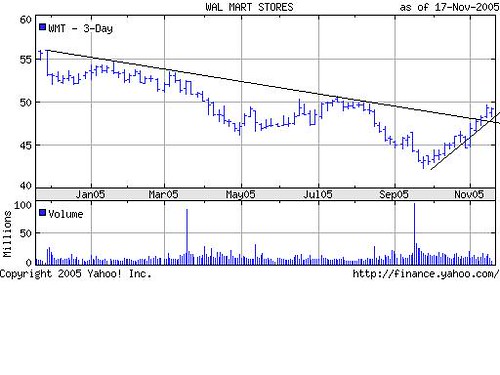Jonathan mentioned in a comment to this post that Iran currently is still lacking a delivery system for its nukes. Unfortunately this won’t be true for much longer:
Former members of the Russian military have been secretly helping Iran to acquire technology needed to produce missiles capable of striking European capitals.
The Russians are acting as go-betweens with North Korea as part of a multi-million pound deal they negotiated between Teheran and Pyongyang in 2003. It has enabled Teheran to receive regular clandestine shipments of top secret missile technology, believed to be channelled through Russia.Western intelligence officials believe that the technology will enable Iran to complete development of a missile with a range of 2,200 miles, capable of hitting much of Europe. It is designed to carry a 1.2-ton payload, sufficient for a basic nuclear device.
A senior American official said Iran’s programme was “sophisticated and getting larger and more accurate. They have had very much in mind the payload needed to carry a nuclear weapon.
“I think Putin knows what the Iranians are doing.”
As I wrote in my previous post, Putin doesn’t seem to be concerned about the prospect of an Iran with nuclear weapons, and seems to think that any resulting crisis would be to his advantage, no matter the outcome. There is nothing anybody can do about it directly. The only way to head off the march into an incredibly bleak future will be to take out the Mullahs, among a number of other regimes. If only European governments would realize that.
 options trade that I have on. I’m holding a large chunk of the March 2006 $47.50 calls, and a smaller amount of March 2006 $50 calls. I picked up the $47.50 calls at an average basis of $3.20 per contract. I picked up the $50 calls for $1.90 this past Friday. Here’s my thinking:
options trade that I have on. I’m holding a large chunk of the March 2006 $47.50 calls, and a smaller amount of March 2006 $50 calls. I picked up the $47.50 calls at an average basis of $3.20 per contract. I picked up the $50 calls for $1.90 this past Friday. Here’s my thinking: